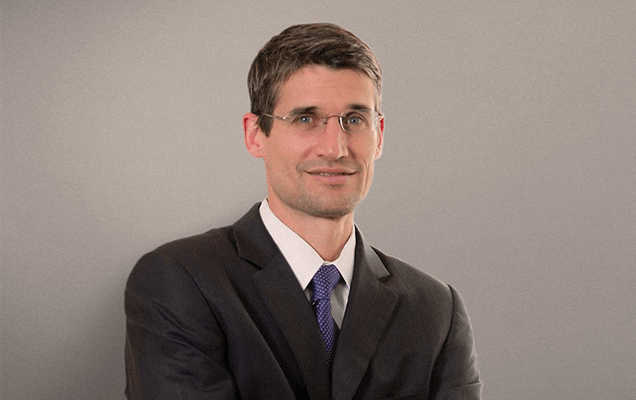Herniated disc surgery can open up a whole new world of possibilities for you after living with the debilitating symptoms of a herniated disc. It may be tempting to jump right back into your life after surgery, but you need to take proper care of yourself and your herniation repair site to ensure that you have a successful recovery.
The Frustration Factor
You feel fine, so why can’t you get back to all of your normal activities right away? It may seem like you’re having to be overly cautious when your herniated disc has initially healed, but there is still a great deal of repair going on at the surgical site. It doesn’t matter whether you’ve had a disc surgery performed in the cervical or lumbar region, or anywhere in between — any area along your spine is susceptible to reinjury if it is not properly cared for.
Knowing what you can expect of your recovery period can go a long way toward allowing you to plan for the months after surgery and understanding your limitations. This will also help you avoid activities that might injure and prolong the recovery time. While everyone heals at their own rate, the time frames are generally within a certain window of time.
What to Expect After Surgery
Below is an outline of the average mile markers for herniated disc recovery time. Your unique physiology and the complexity of your surgery can influence these numbers, but it will provide you with a general idea of where you can expect to be at in your recovery over the next year.
Day 1 – Day 2: The day of surgery, you will be admitted to the hospital after your procedure for recovery. Once you’ve recovered from anesthesia, the hard work begins. You may be expected to start walking the same day; this is actually of great benefit. Pain meds will be adjusted, and you’ll be taught exercises and proper movement techniques to strengthen and protect your newly repaired herniation. Your hospital stay may last anywhere from a few hours to a few days, depending on the complexity of your surgery.
Weeks 0-4: Once you’re home, you will be able to resume some of your normal activities, such as bathing (instructions will be given by your care team prior to release from the hospital), cooking, driving (in some cases, such as cervical disc surgery, you may be restricted from driving due to restrictions in head/neck movement) and other daily tasks. In many cases, you can return to work if you don’t have a physically demanding job. If you’ve been prescribed physical therapy, be sure to make all of your appointments — it can be integral to a full recovery.
Weeks 5-12: Your recovery will continue to progress. You will be expected to have follow-up visits with your surgeon to ensure things are healing properly. Each visit may include not only a consultation but also imaging to visualize the healing process. Your exercise regimen will likely be stepped up at this time, too.
Week 12 and beyond: After three months, you will likely be doing most of the things (and more) that you were doing prior to surgery. It’s important to follow your doctor’s and physical therapist’s instructions and make modifications as necessary to guarantee that you have the best chance at a non-recurrence or additional injury to the surgically repaired herniation.
It's time to get back to doing what you love.
The Do’s and Don’ts of Herniated Disc Repair Recovery
If you’re tempted to jump right back into your life, be sure you are going about it wisely. You might be surprised by how many things that seem like no-brainers can have a serious impact on your recovery process:
Do’s
- Do rest when you’re tired. Your body is having to put a great deal of energy into healing the repair site right now. Be kind to and patient with yourself during this period of recovery.
- Do eat a balanced diet high in lean proteins and antioxidants to support tissue regeneration and speed your herniated disc recovery time. If you have dietary restrictions, discuss a dietary plan with your surgeon or dietician to ensure you’re receiving everything you need to heal optimally.
- Do continue to partake in exercise appropriate for each stage of your recovery.
- Do wear any recommended braces or support devices as directed.
- Do continue with your physical therapy, if recommended. It can be the difference between a successful or unsuccessful herniated disc repair.
- Do reach out to your health care professionals if you have questions or concerns. This is your health and well-being you’re dealing with!
Don’ts
- Don’t skip taking your pain medications as directed — especially in the first few days following surgery. It’s much easier to get ahead of the pain than to try and remedy it once it has started.
- Don’t smoke, especially if you’ve had fusion surgery. Smoking can have a detrimental impact on the body’s ability to heal and fuse the bones.
- Don’t do anything you’ve been advised to avoid, such as climbing stairs, lifting objects over a certain weight (typically 5 lbs), twisting your neck or back at exaggerated angles, bending at the waist, or partaking in activities that might compromise your repair and ultimately prolong your herniated disc recovery time.

About Dr. Alfred T. Ogden
Dr. Alfred T. Ogden is an accomplished neurosurgeon in North Jersey and is a proud member of Neurosurgeons of New Jersey, practicing out of their Ridgewood office conveniently located on East Ridgewood Avenue. Dr. Ogden is internationally recognized as a leader in minimally invasive spine surgery.









